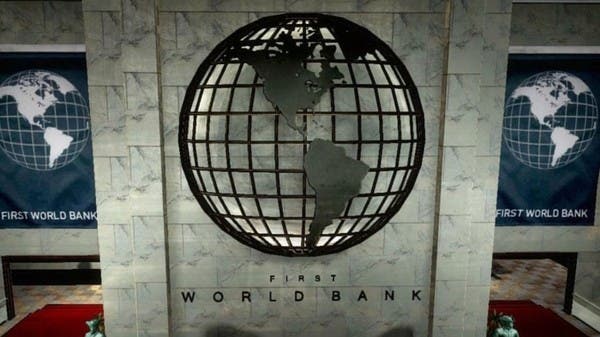According to a report published on Thursday by a coalition of environmental NGOs, the World Bank has invested more than $14. 8 billion in fossil fuel projects since the Paris climate agreement was adopted.
The “Big Shift Global” coalition claimed that the IFC pledged in 2018 to stop funding oil and gas extraction, highlighting the fact that, despite a decline in its direct financing of these projects, the decline did not include its indirect financing through intermediaries like private banks, for instance.
As a result of comments made by World Bank President David Malpass, who was chosen by former US President Donald Trump, the study was made public amid controversy.
Malpass is charged with ducking questions asking him to state that fossil fuels are responsible for global warming.
According to Sophie Richmond, a representative of The Big Shift Global Coalition, “the World Bank contributes to the climate catastrophe every time it invests in a new fossil fuel project.”
Nothing, she continued, “can justify using tax dollars to make the climate issue worse.”
The Trans-Anatolian Gas Pipeline in Azerbaijan is the report’s largest project, which it states “is working to continue the usage of gas in Europe” and which in 2018 got support of $1 billion.
The initiative has “potentially significant social and environmental implications,” such as on “air and water quality… biodiversity,” and “people health,” according to the World Bank’s own study.
Nevertheless, approval for the project was granted.
Another project mentioned is the development of Indonesia’s Java 9 and Java 10 coal-fired power facilities, for which the World Bank has indirectly contributed $65 million.
The World Bank’s view of natural gas as a “bridge” between fossil fuels like coal and renewable energy sources is also criticised in the report.

